Collective Trauma: Belonging (why, what, and how)
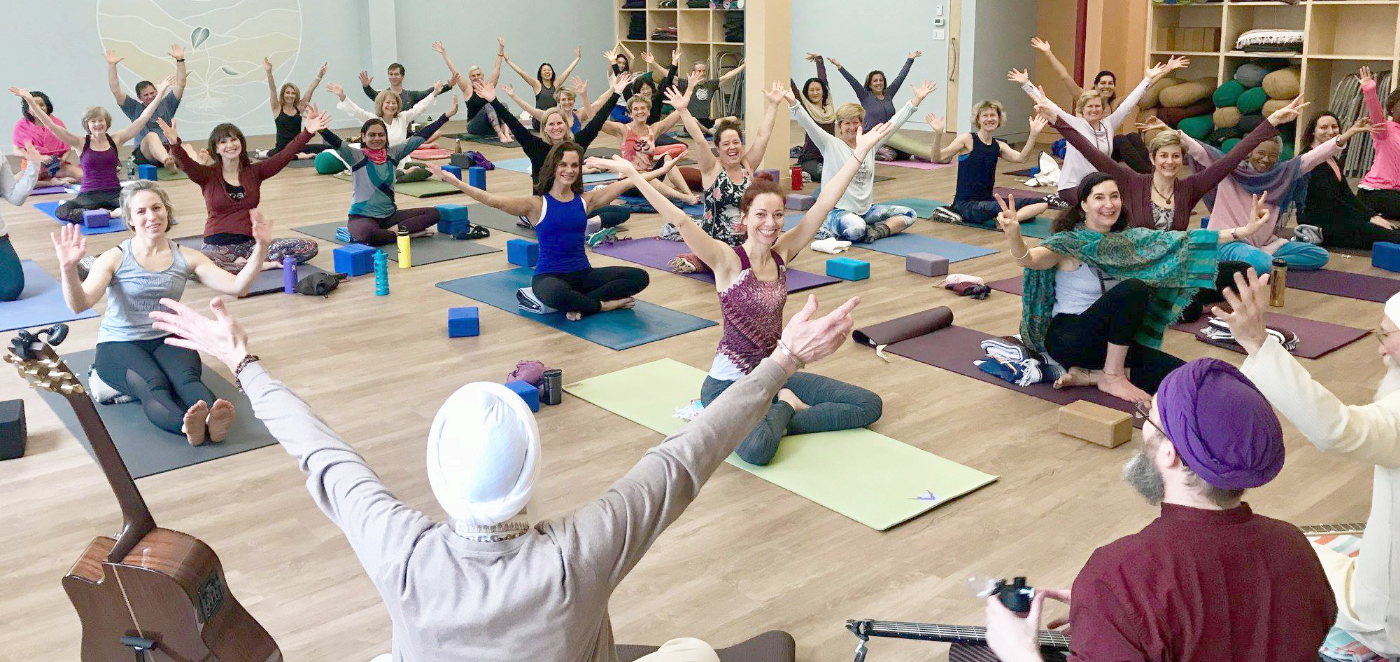
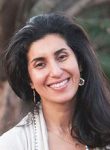
“Rarely, if ever, are any of us healed in isolation. Healing is an act of communion.” Bell Hooks
During the pandemic, educational institutions began conducting studies on factors that are essential for students to be successful, engaged, and committed to their studies. Stanford University launched the ‘Belonging Project’ in 2020. On the home page describing this project, it is stated, “Conversely, clear evidence has shown that individuals in distress who feel that they are disconnected and are not part of a larger community (“thwarted belongingness”) are especially vulnerable to poor outcomes, including impulsive or self-harmful behavior. “
Pioneers in belonging research, Emeritus Professions Roy Baumeister and Mark Leary, defined in 2021 that belonging is an essential individual need. With the continued emergence of systemic racism against people of color and of indigenous origins that exists in society, our awareness of this in our yoga therapy practices and clinical yoga therapy services is equally important. Our sense of safety is so intertwined with our sense of belonging. In 2020, the yoga world also turned the lens of belonging onto itself with influential voices emerging, calling out the misappropriation, colonialism, race power, and privilege that exists in the yoga world. Susanna Barkataki was one of these voices. In her personal reflection from November 2020 on belonging, she stepped into offering practices to the collective community of yoga teachers and institutions to remember the premise of yoga. She closes her blog with this statement:
“It is from this place of understanding separation within and around me that I invite inquiry, question, write, explore, experiment, share, teach, and reclaim yoga as unity with love. In devotion to growth, movement, and liberation. In honor of your evolution.” Susanna Barkataki
When we remember the intertwined history of Ayurveda and Yoga, we notice that the drive is to return to a relationship that is in harmony with nature, the seasons, the rhythms of day and night, and our own soul. Collective and individual always go together.
Belonging to our species, belonging to our communities, and belonging to nature are all intertwined.
“We not only feel more connected to the natural world, we also feel more kinship with our human community. Exposure to nature increases social cohesion, which consists of shared norms, positive relationships with others, and feelings of belonging.” Excerpt from the article How Nature Supports a Sense of Belonging and Well-being.
Please consider taking a few moments to reflect on these prompts. Perhaps journal or bring them up as a group conversation.
- Where and how do I experience belonging?
- Is Yoga for Everybody?
- What is my experience working with diversity (culturally and racially)?
- What is my experience of not belonging?
- What is my relationship to the natural world that surrounds me?
Read more of Maryam’s posts on collective trauma >
Check out Maryam’s Real-Life Case Studies video series, available exclusively to Sequence Wiz members. Learn more about Case Studies at Sequence Wiz >)

Part 1: Core needs of an individual within a collective story
Part 2: Using self-touch and community connection to overcome anxiety and loneliness
Part 3: Using interval practices throughout the day to settle the nervous system
Part 4: Combining movement with humming to both empower and calm the system
Part 5: Lessons on suffering from Samkhya-Karika
About Maryam
Maryam Ovissi is an accredited Trauma-Informed Clinical Yoga Therapist and Yoga Teacher. Her personal mission as an educator is to provide an opportunity for her students to have access to tools that allow healing, empowerment, and self-realization. Maryam founded Beloved Yoga: A Sanctuary for All, located in Reston, VA, offering yoga therapy, trauma-informed yoga, and a range of accessible classes to share the indigenous teachings of Yoga and Ayurveda with reverence, integrity and accessibility for the community at large, locally and internationally. Maryam’s teachers are the Mohans, and she is honored to be a lead teacher in their Svastha Yoga Therapy Program.
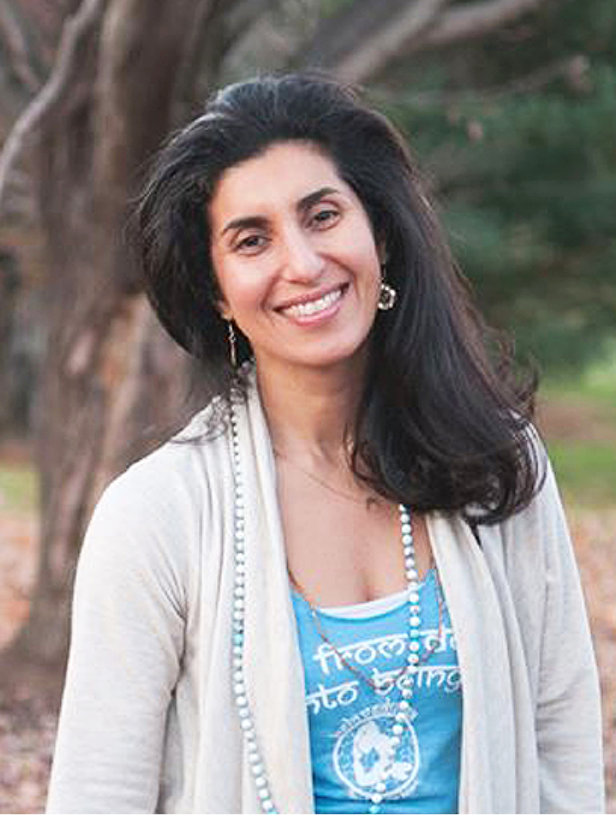

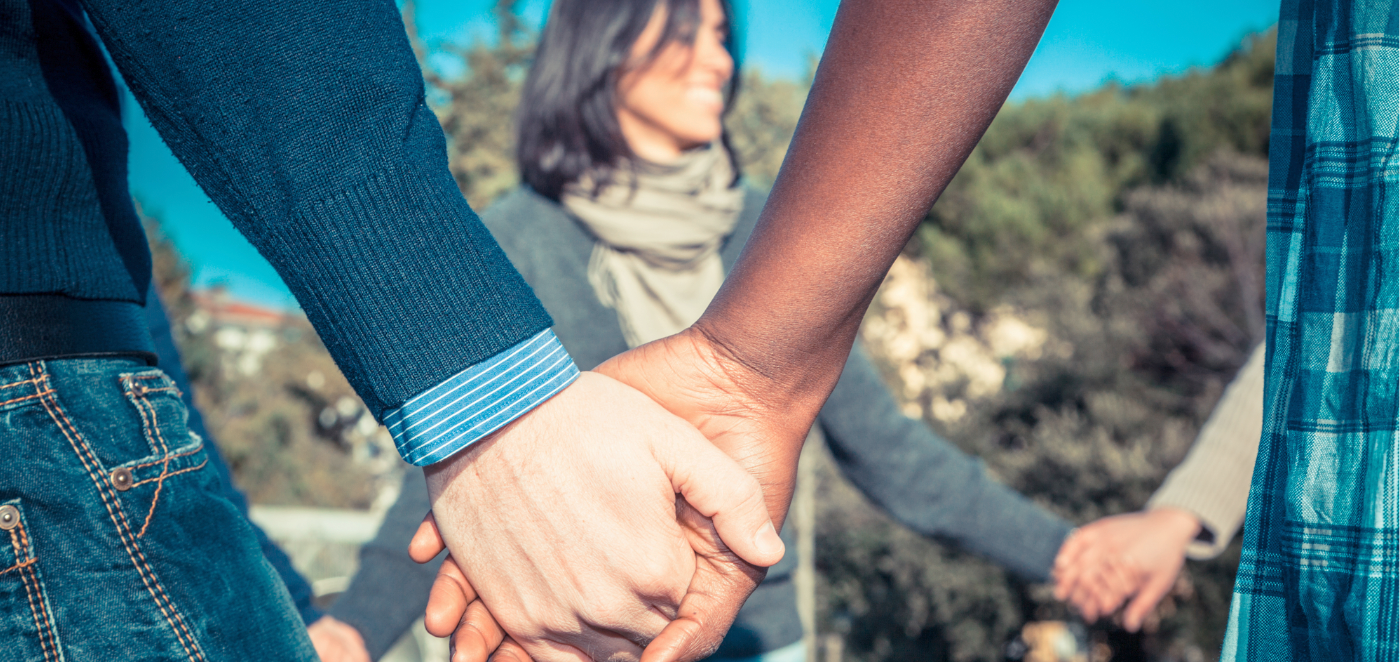

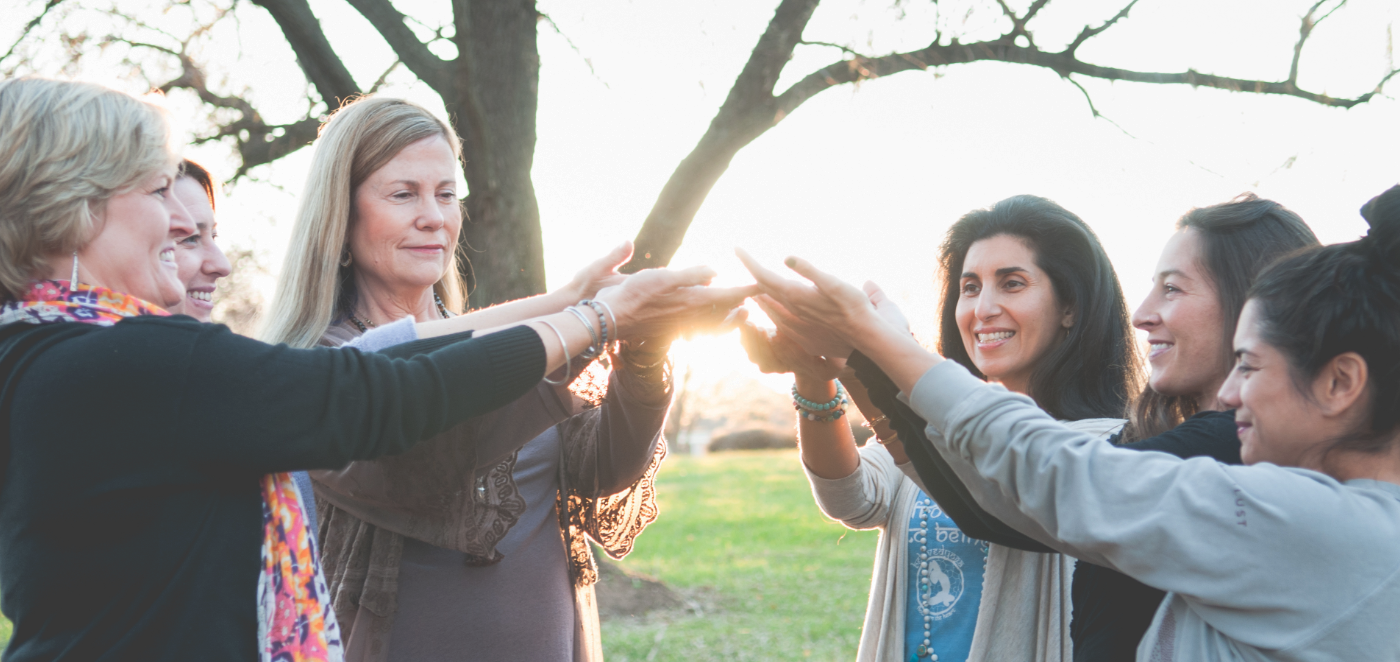
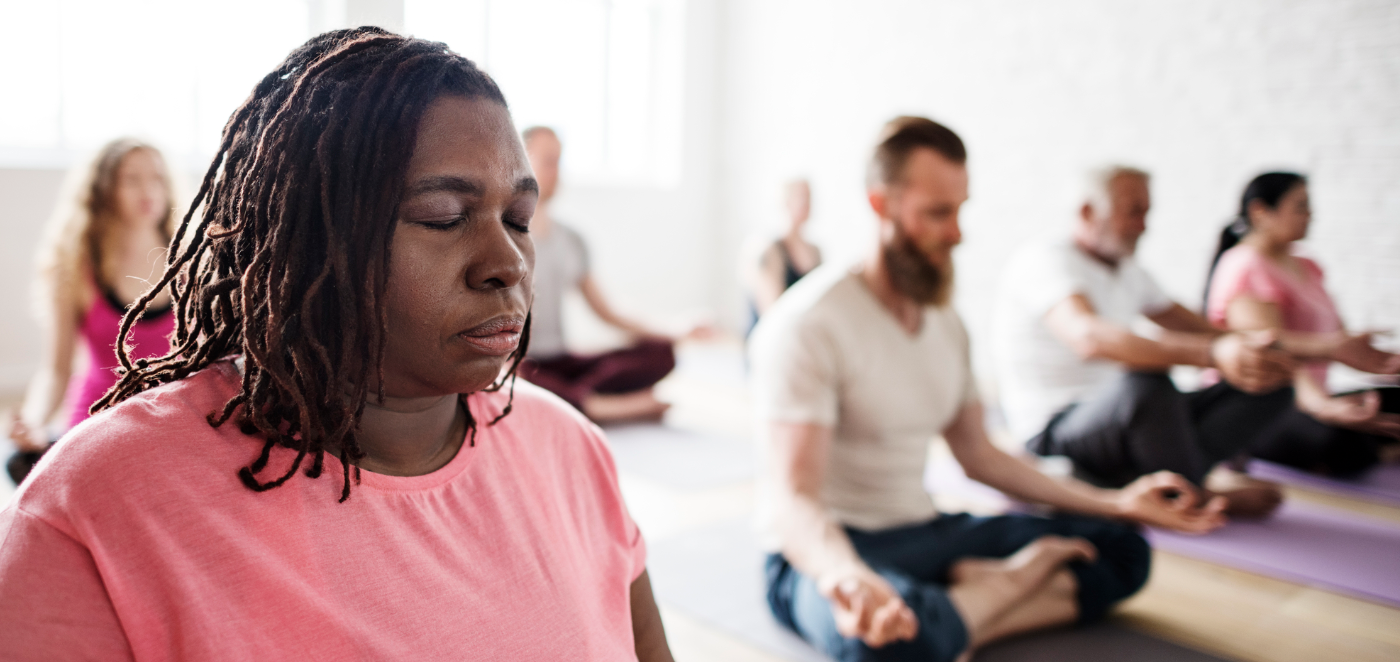
I really like your post and the information and insight you offer.
Beginning in September, I am involved in teaching yoga to a community that is in need.
This is such a wonderfully opportunity. When I received my teacher certificate, I felt the responsibility to share this gift. I know what it has meant to me over the many years of my personal practice and journey.
To be able yo expand this to more and more people is ‘yoga’.
Thank you for your valuable shares.
Thank you Stephanie! Keep sharing this powerful practice as you with care and wisdom.